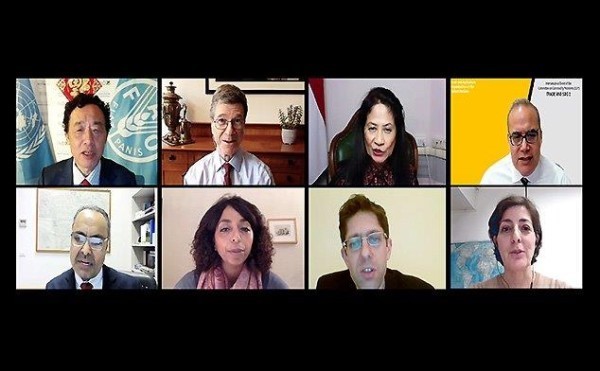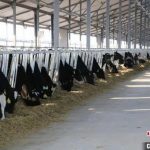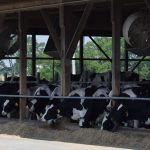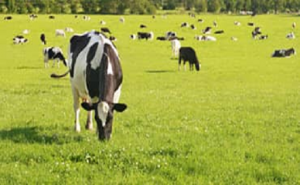
FAO’s Committee on Commodity Problems (CCP) organized a special event last week to discuss the importance of food and agricultural trade for ending global hunger, seeking to identify critical trade-offs associated with different policy measures and possible priorities for action.
“We are only nine seasons away from 2030,” said the FAO Director-General, QU Dongyu, in his keynote remarks, alluding to Sustainable Development Goal 2 (ending hunger by 2030).
“Trade is a powerful tool,” he emphasized, pointing to three cardinal ways to put that power to use: avoid raising trade barriers, especially in periods of crisis; formulate coherent and aligned policies to address trade-offs; and harness the power of digital solutions and innovation.
Innovation can solve contradictions that affect the dynamics of any single commodity, he said. “Coherent, complementary production systems are the key to agri-food system transformation.”
The CCP tracks agricultural commodity markets and related policy issues. Established in 1949, it is FAO’s oldest technical committee and consists of 110 FAO Members along with observers, tasked with reviewing commodity problems of an international character affecting production, trade, distribution and consumption, and suggesting policy options.
“Trade is both vital and complicated, as we need responsible trade and sustainable trade – we have lacked that concept adequately in the past and will need it in the future,” Professor Jeffrey Sachs, Director of the Center for Sustainable Development at Columbia University in the United States of America, said in his keynote speech.























